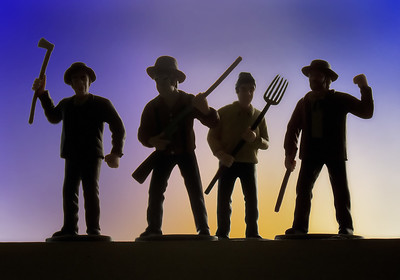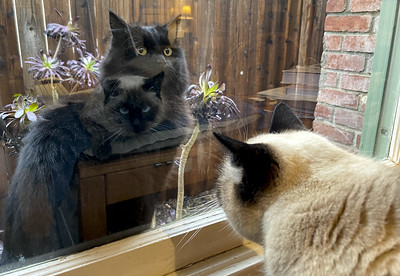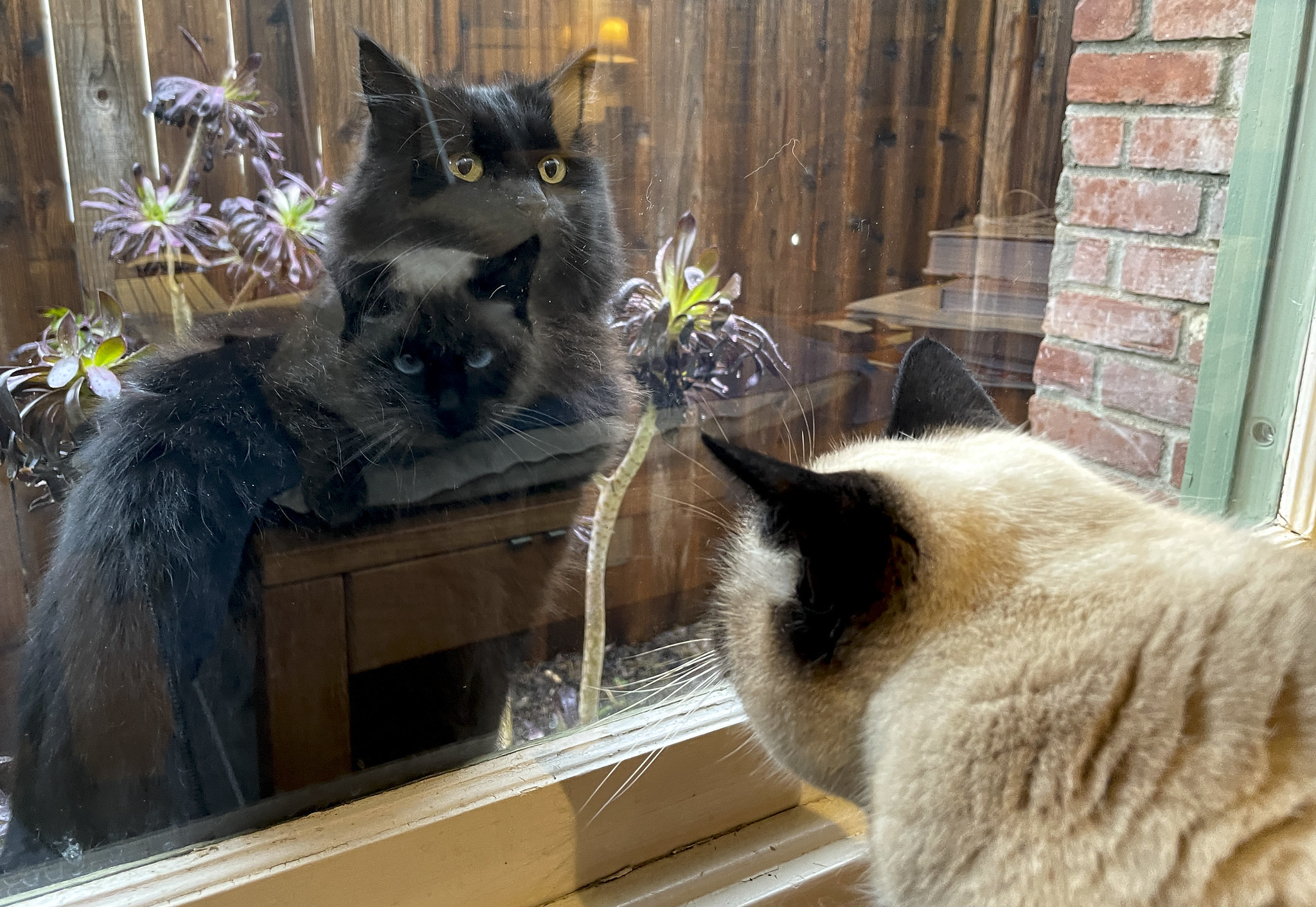I am a strong curator of my social media feed. When people I follow post back-to-back ugliness, I unfollow them. I’ve read the research and I know that a steady peek into the ugliest parts of their souls is not good for my mental health.

But then the 2020 election happened, and everyone was outraged. Conservatives were outraged, liberals were outraged, middle-of-the-road why-can’t-we-all-just-get-along people were outraged. We became a culture of outrage. Unlike some people I know, I didn’t leave social media, but I definitely limited my engagement.
There was a palpable drop-off in outrage after Biden’s inauguration. Most people not on the fringes moved on. But some of the people I know seemed, for lack of a better word, stuck in outrage. Outrage had become their drug of choice, and they simply couldn’t stop.
I started unfollowing people whose feeds were stuck in pointless outrage. In a few cases I attempted to post moderating comments, but the ugliness of the responses gave me pause. I decided I needed to calm my own brain and I unfollowed them all.
Righteous anger is not outrage
There’s a place for—and a grand tradition of—righteous anger in our culture. Righteous anger is focused and in its own way positive: its goal is to get people to sit up and take notice.
The BLM protests were initially fueled by righteous anger. And though they had been lied to and misled, a lot of right-wing voters who believed that our election was stolen were also initially inspired by righteous anger.
But I make a distinction when I use the word outrage. Outrage is a knee-jerk reaction that is unfocused and has no particular end-goal:
- If you’re outraged by racism, you yell a lot, you riot, or you live in anger and fear.
If you are experiencing righteous anger about racism, you take part in peaceful protests, you communicate the reality of the problem to others, and you vote. - If you’re outraged by voting issues, you yell a lot, you riot, or you decide not to vote because it’s pointless.
If you are experiencing righteous anger about voting issues, you learn about how the system works, you read the data, you get involved to keep the election secure, and you vote.
This year has given us plenty of examples…
like racism
The BLM protests did a lot of good. They focused the attention of a lot of well-meaning white people in power whose attention really hadn’t been focused. People influenced by righteous anger got to work and pressured their lawmakers and their communities to do better.
But when you look at the outrage that accompanied the righteous anger, there was a fair amount of collateral damage. Property was damaged, people were harmed or killed, and lots of fundamentally decent people got really nasty in their social media feeds.
Righteous anger fueled real, positive change. Outrage fueled anger, depression, alienation.
and voting rights: on the right…
The concern over voting rights is shared by people all over the political spectrum. America without secure elections is not America, that’s clear. But on all sides of the political spectrum, you see the difference in outcomes between outrage and righteous anger.
On the right, people who listened to outrageous lies felt their outrage grow. Righteous anger would have led them to listen to conservative politicians and officials who did the research and found the facts. But the people who broke into the Capitol on January 6 were not fueled by righteous anger. Clearly, there is no logical world in which breaking windows and zip-tying Nancy Pelosi would end in a more secure vote.
There were those on the right who had, if not righteous anger, well-researched concerns. And you may have heard their voices if you were reading the mainstream press. But right-wing media feeds on outrage at this particular time, so that’s what most conservatives heard (and continue to hear). Conservatives who actually understand election security seem to be screaming into a void.
…and the left
The left wasn’t immune to voting rights outrage. I can’t tell you how many times I’ve heard—and saw in my social media feed in the last year—people saying things like “all politicians are the same so my vote isn’t important” or “the party has the vote rigged.” My observation is that this attitude is more common in younger adults, but there may be other factors than youth. Lack of interest in or understanding of the political process is probably also a factor. Although this may not feel like outrage, this attitude is often accompanied by outrage responses to particular triggering topics such as immigration. The same people who rail against Democrats being “as bad as Republicans” generally don’t take the positive steps that result from righteous anger. They just get pissed off and alienated.
I’ve had to turn off feeds from liberal friends because now that they got what they wanted, they are continuing to bang their nasty words against that wall of outrage. Their hatred of any politician who disagrees on policy is intense, immediately writing them off as “racist” or “in the pocket of corporations” if they don’t agree on the best way to solve a problem.
How are you feeling?

I’m worried about you, friends who are still fueled by outrage. I did turn you off, it’s true, but I think of you and hope that you will be able to step off the outrage machine. It’s not good for your health or for our society.
I believe that we need lots of righteous anger. We have so many difficult problems to address in this country, and so little agreement on how to address them (and sometimes, so little agreement as to whether there’s a problem at all).
But I’d like to see the smart, fun, creative, and energetic people around me step back and assess whether their righteous anger is giving them the energy they need to solve problems, or if they’re allowing their outrage to make them part of a problem.
